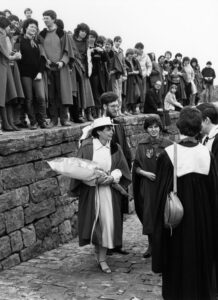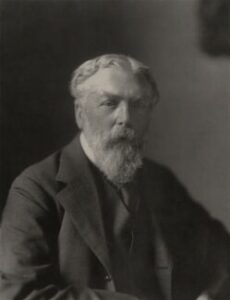Education
Housing Scotland’s first university, it was an incredibly important centre of education. As a result, our small town saw the development of teaching methods and the characters that changed the world of teaching and academia.
After reading the information below, use our education quiz to see what you can remember.


